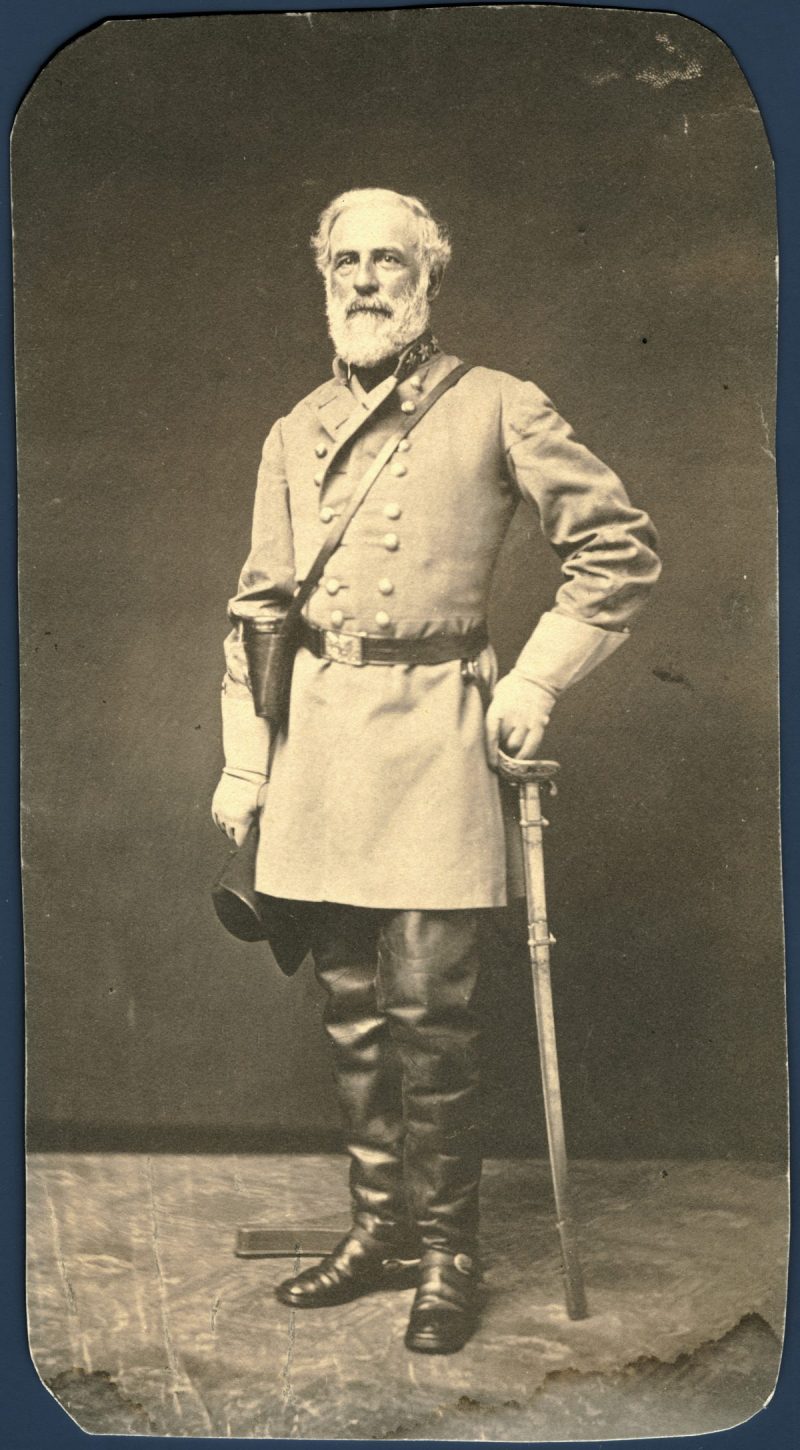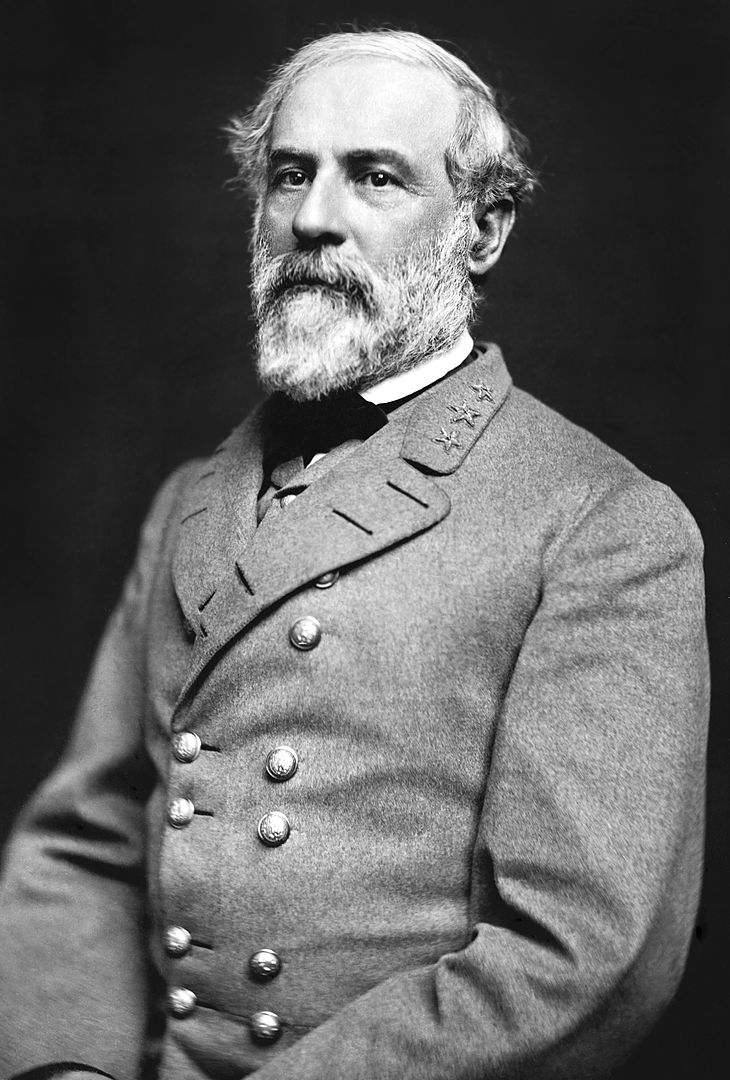The battle proved that the seemingly invincible Lee could be defeated
Another interesting fact about the Battle of Gettysburg is that the battle proved that the seemingly invincible Lee could be defeated. Prior to Gettysburg, Robert E. Lee had earned a reputation as an almost invincible general, gaining surprising triumphs against superior forces, albeit at a tremendous cost to his army, during the Seven Days, Northern Virginia Campaign, Fredericksburg, and Chancellorsville. The key elements in Lee's defeat, according to some, were his overconfidence in his men's invincibility; the performance of his subordinates, and his administration of them; his declining health; and the performance of his opponent, George G. Meade, and the Army of the Potomac.
The performance of Lee's subordinates is one of the most contentious aspects of the war. Lee's senior generals failed him in critical ways, resulting in the battle's loss; an alternative viewpoint is that Lee did not manage his subordinates adequately, and thus did not compensate for their shortcomings. Two of his corps commanders, Richard S. Ewell and A.P. Hill, had only recently been promoted and were unfamiliar with Lee's command style, in which he provided only general objectives and guidance to their former commander, Stonewall Jackson, which Jackson translated into detailed, specific orders to his division commanders. During the campaign and battle, all four of Lee's major commanders faced criticism.










